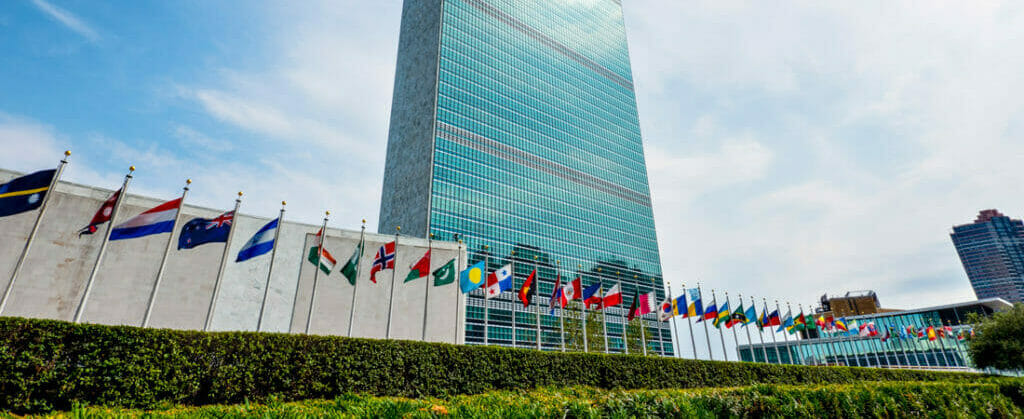Global climate change is inextricably linked to many factors, including water, livable temperatures, biodiversity, and more. Research from the Stockholm Resilience Centre has introduced a new approach to understanding sustainability: planetary boundaries (Rockström et al., 2009). Human activities (anthropogenic pressures) are straining the Earth’s systems so much that sudden and dramatic environmental shifts are a real possibility. We need a new way to manage the planet’s health, which involves setting safe limits, called planetary boundaries, for how much we can stress the Earth. Crossing these boundaries could be very damaging, even catastrophic, as it might push the Earth past tipping points. These tipping points could trigger rapid and dramatic environmental changes across vast regions or even the entire planet.
One of the nine identified planetary boundaries is climate change. Scientific bodies like the IPCC and the World Meteorological Organization have issued warnings about the significant risks posed by exceeding critical thresholds in areas like climate change and stratospheric ozone depletion. Their reports, published over the years (1990, 2007a, and 2007b), emphasize the urgency of staying within these boundaries. While global issues like climate change affect the entire planet, their initial impacts are often felt in specific regions. For instance, climate change can trigger tipping points in smaller sub-systems like the Indian monsoon or El Niño events. Each of these sub-systems reacts differently to changes in temperature or radiation.
Achieving global climate solutions must go hand-in-hand with climate justice. This means recognizing that the burden of climate change falls disproportionately on those who have contributed least to the problem. A just transition to a sustainable future requires centering the needs of vulnerable communities, ensuring they have a voice in decision-making, and allocating resources to support those most impacted by climate disasters.
The United Nations plays a vital role in promoting climate justice for present and future generations. The IPCC, a UN body, acknowledges the importance of equity and justice in tackling climate change, even though current emission pathway models don’t explicitly address these issues. The UN recognizes that the effectiveness of climate solutions depends on addressing inequalities and ensuring a just transition. They advocate for integrated responses that prioritize risk reduction, equity, and justice across all development levels. Inclusive decision-making processes that incorporate local and indigenous knowledge are also encouraged. However, the UN acknowledges that opportunities for action vary greatly depending on a region’s development history. To address this, the UN emphasizes the importance of accelerated financial support for developing countries, ensuring a more equitable global response to climate change.
Environmental issues are often battlegrounds of heated debate, fueled by deep concerns about fairness. Our planet faces a critical crossroads: securing a stable climate for present and future generations. The focus here is on crafting a unified global framework that promotes ambitious solutions and strategies for accelerating the transition to clean energy, fostering sustainable practices across industries, and ensuring a just transition that addresses the unequal burdens of climate change.


